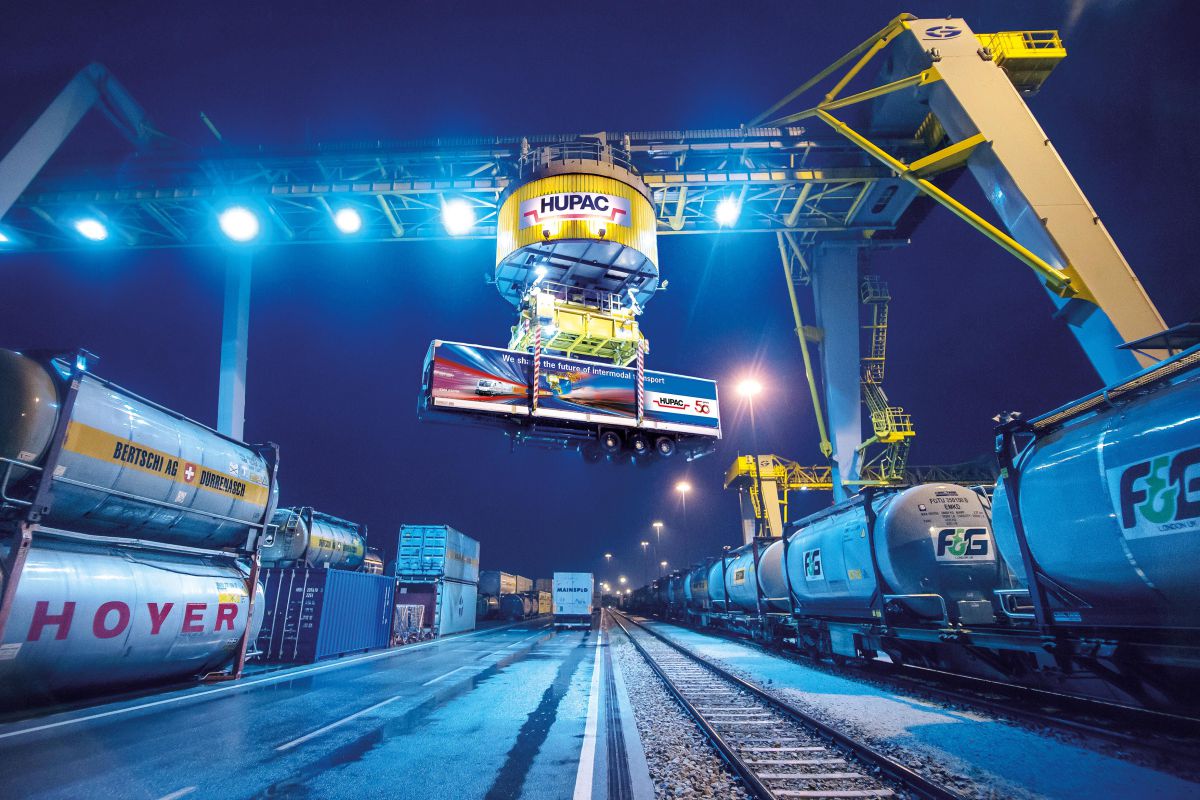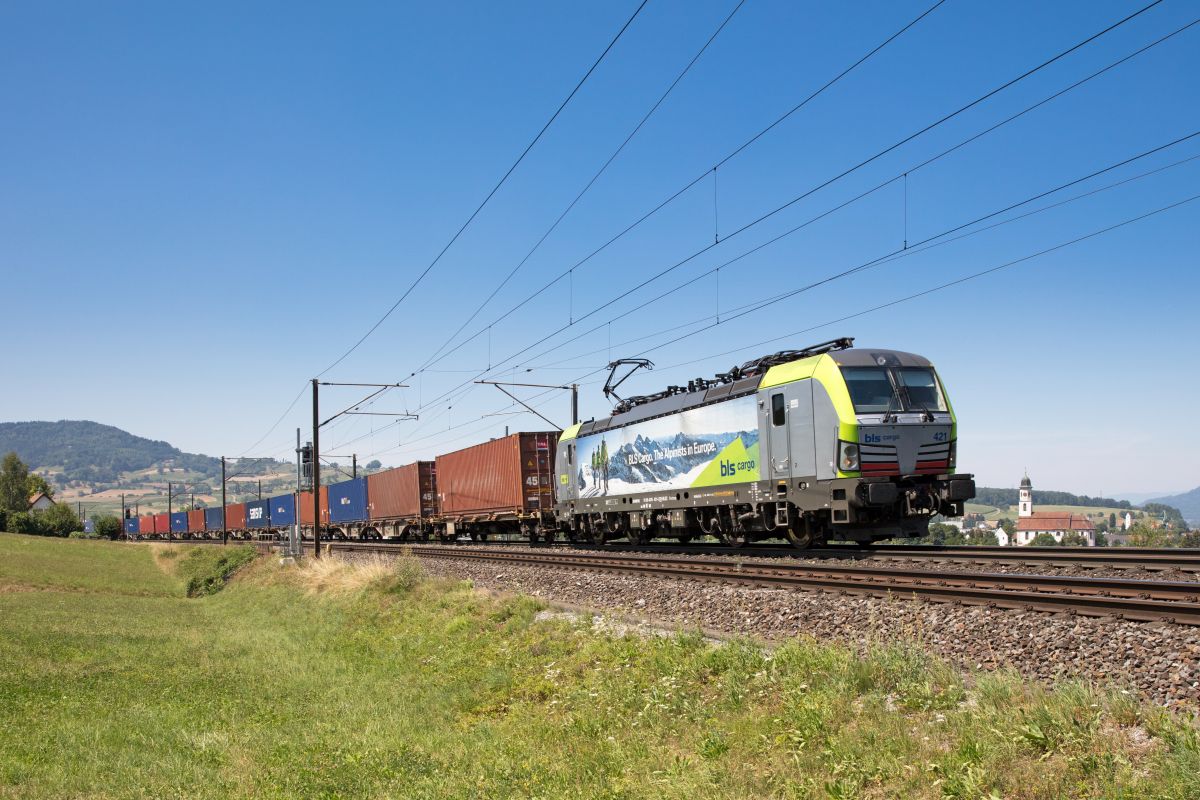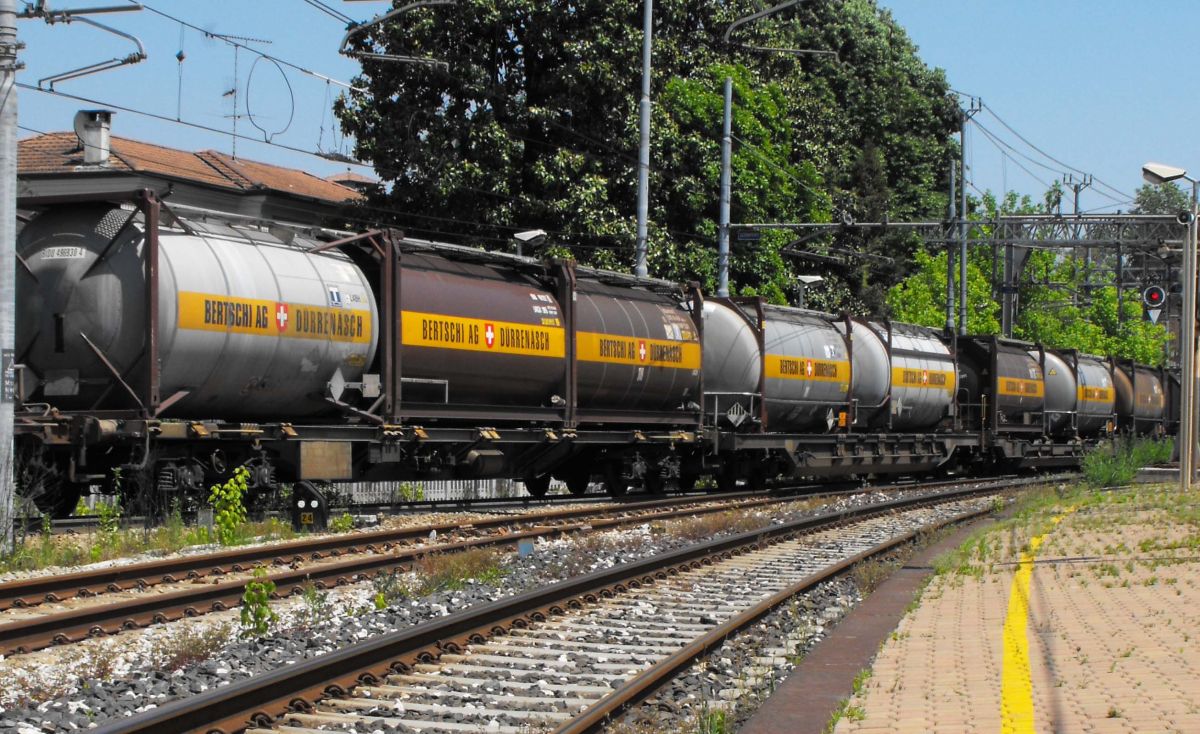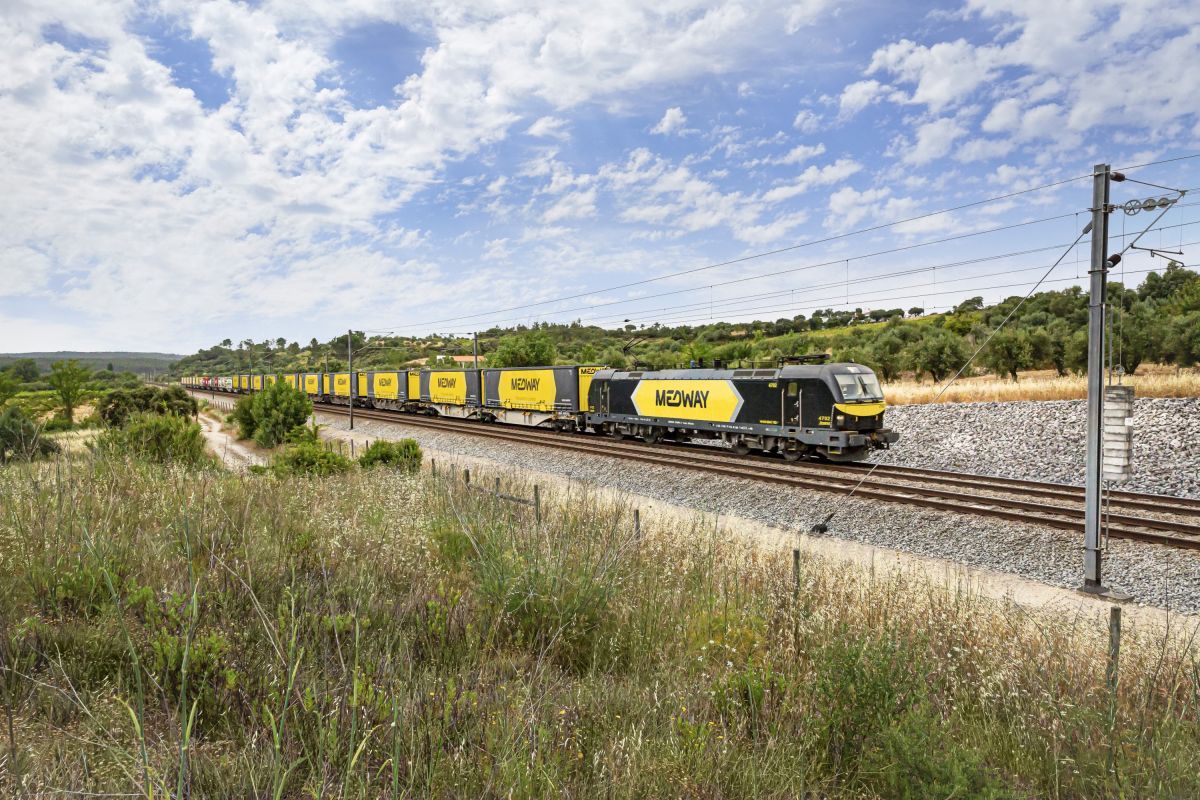In light of the closing of the public consultation on the European rail freight network, and more particularly the effectiveness of the Rail Freight Corridors Regulation (2010/913), ERFA stresses the need for a revision of the Regulation and for the European Commission to adopt an ambitious approach which meets the needs of the rail freight industry.
ERFA strongly believes that for rail freight to able to grow, the sector needs a strong Rail Freight Corridors Regulation which ensures rail freight companies have access to a sufficient level and quality of capacity along corridors. The current fragmented and unharmonized approach to capacity allocation is not meeting the needs of international rail freight.
Infrastructure allocation is currently managed at national level. This is understandable given that most rail traffic, especially passenger, is national. Freight, however, is usually international and an international approach to capacity allocation is therefore required. The revision of Regulation 2010/913 therefore has a crucial role to play in bridging the national approach of capacity allocation and the international needs of freight transportation.
The concrete demands of ERFA are:
- Improve the quality of paths for freight trains Infrastructure managers and corridor organization on international freight corridors must work to improve the quality of paths for freight trains. Quality measures must be consequently implemented, which increase the punctuality of rail freight, increased length (750m) and weight of trains as well as harmonized profile (P400).
- Give equal priority in slot allocation Allocation rules for freight paths has to be defined, internationally harmonized and secured for freight trains. Freight trains must have equal priority in slot allocation as passenger trains in all countries of the corridors.
- Make sure that operational rules are internationally secured and harmonized Freight trains must have equal priority in day to day operations as passenger trains. A punctual train – be that passenger or freight – goes first.
- Introduce a supranational traffic management Infrastructure managers and corridor organizations should implement supra-national traffic management, which would have a specific focus on the quality of international freight trains. A measurement for international freight train quality should be implemented.
- Empower corridor organization Give the corridor organizations equal decision and steering rights as the national infrastructure managers. Corridor investments should not be hindered by national interest. Railway Undertakings should have an equal position in the governance of corridor organization with defined decision rights.
ERFA President, Dirk Stahl, stated, “We need to get to the stage where organizing and operating an international freight train across borders is as straight forward as organizing an operating road freight on European motorways. Rail freight companies are currently faced with significant operational and administrative burdens which creates an unlevel playing field with other modes of transport. The revision of the Rail Freight Corridors Regulation must serve as the moment to level the playing field for rail freight”.
ERFA Secretary General, Conor Feighan concluded “ERFA has contributed to the public consultation and looks forward to engaging with the European Commission and other stakeholders in the next steps of the process. ERFA strongly believes that the needs of the rail freight industry must be central to the revision process and that it is crucial for Europe’s modal shift objectives that this opportunity is not lost”.



